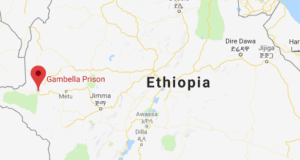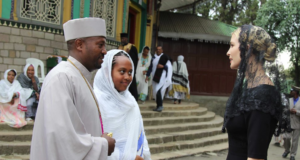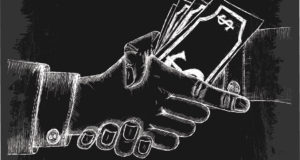By Engidu Woldie
ESAT News (August 20, 2016
The Oromo and Amhara protest movements could change the course of Ethiopia’s future, said Stratfor, a leading think-tank on geopolitical intelligence and analysis that reveals the underlying significance and future implications of emerging world events. “Together, the Oromo and Amhara are a more serious threat to Ethiopia’s leadership than the Oromo on their own.”
In a report it released on Friday regarding the nationwide uprising in Ethiopia against a minority tyranny, the think-tank said “regardless of how this situation develops, Ethiopia’s Tigray-dominated government may not be able to sustain its hold on power for much longer.” It warned that “if opposition to the government increases along ethnic lines, the ruling elite or even Ethiopia’s security forces could fracture.”
The report also mentioned the recent alliance formed between Patriotic Ginbot 7 Movement for Unity and Democracy and the Oromo Democratic Front as a major force that could bring the regime down. “In the past week, two rebel groups announced their alliance. If these groups increase their attacks, or if other groups join the movement opposing the government, the current administration could face a similar fate to the one it brought upon its predecessors.” It further said “growing ethnic dissent could rejuvenate and galvanize support for these simmering rebellions.”
“A change of leadership could bring greater political freedoms, such as allowing outlawed opposition groups to take part in free and fair elections,” the report noted.
On the other hand, it warned, “it could also lead to prolonged conflict and instability.”
“If the resistance against the government reaches critical levels, Desalegn (the prime minister) could decide against an armed struggle and instead take political measures to liberalize or transfer power,” the report further said.
“Though the current protests may be Desalegn’s first major challenge, they will likely not be his last,” it said.
 The Ethiopian Satellite Television and Radio (ESAT) No. 1 Ethiopian news media: Esat, Ethiopian news, daily Ethiopian news, ESAT tv, ESAT Radio, Ethiopia
The Ethiopian Satellite Television and Radio (ESAT) No. 1 Ethiopian news media: Esat, Ethiopian news, daily Ethiopian news, ESAT tv, ESAT Radio, Ethiopia





